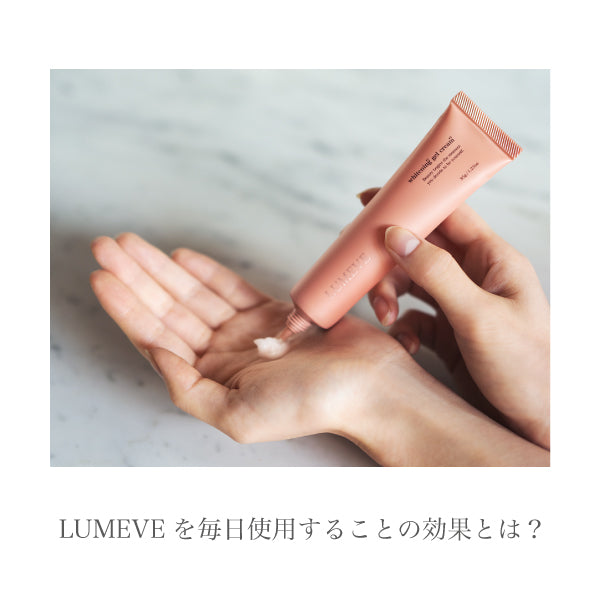What is PMS (premenstrual syndrome), which has become well known in recent years?
We will introduce the characteristics and symptoms of PMS, the causes and mechanisms of PMS, and treatment methods.
What is PMS?
PMS is a unique female premenstrual discomfort.
PMS is unique to women, and because the symptoms vary greatly even among women, it tends to be difficult for men and women alike to understand it.
The various physical and mental symptoms that occur before menstruation, such as headache, abdominal pain, dizziness, lightheadedness, irritability, difficulty concentrating, anxiety, antidepressant states, overeating, and loss of appetite, are collectively referred to as "PMS.
Surveys show that 70% to 80% of women suffer from some form of PMS symptoms.
PMS is also the cause of many misconceptions.
PMS is also the cause of many misconceptions, and many women suffer from physical and mental health problems for years because they themselves may be unaware that their uncomfortable symptoms are caused by PMS.
What is the mechanism of PMS?
The mechanism of PMS is closely related to the menstrual cycle.
Menstruation is caused by the action of two female hormones, estrogen (follicle hormone) and progesterone (luteinizing hormone).
Estrogen increases immediately after menstruation to prepare for ovulation.
Progesterone increases after ovulation and during the luteal phase to facilitate implantation of a fertilized egg.
This increase in progesterone and high body temperature can cause drowsiness, lethargy, and difficulty concentrating.
It is believed that the autonomic nervous system is also affected in some way at this time.
In addition, blood glucose levels tend to rise just before menstruation.
This can lead to irritability, cravings for sweets, and weight gain.
How to alleviate PMS?
The physical symptoms, problems, and psychological troubles of PMS vary from person to person, as well as the degree of PMS.
First of all, carefully explore the causes of stress and discomfort.
Make a brief note of what symptoms you are experiencing and when for two to three months continuously, and try to understand the relationship between your menstrual cycle and your symptoms.
In most cases, PMS symptoms disappear once menstruation begins.
Make adjustments to your menstrual cycle by scheduling work and errands around your menstrual cycle and avoiding important work prior to menstruation.
It is also important to make sure that your family and others around you understand the symptoms of PMS.
If symptoms are severe, it is also important to see a gynecologist or women's outpatient clinic and receive an appropriate prescription.
Using pills or herbal medicines that suit your constitution and symptoms can also help alleviate symptoms.
PMS is a general term for various physical and mental discomforts that occur in accordance with a woman's menstrual cycle.
Symptoms vary from person to person.
It is necessary to consult a doctor if you have PMS and if your condition is severe.



